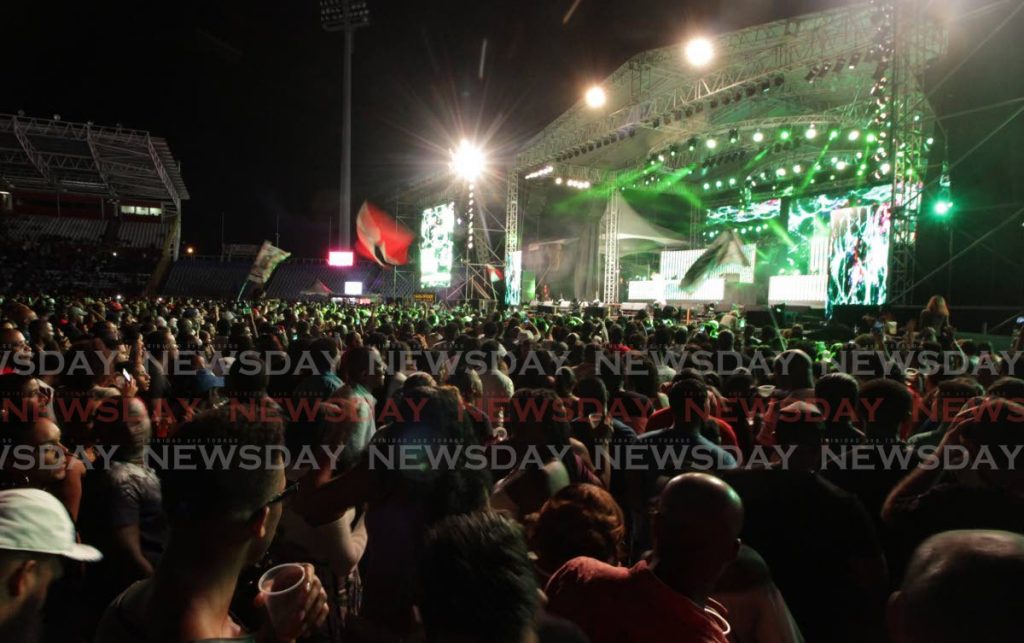SporTT, running on the sidelines

The situation the Sport Company of TT (SporTT finds itself in is far from satisfactory and merits reconsideration of how the State manages its assets and advances the objectives of special-purpose entities. While hardly novel, the issues raised by company’s chairman Douglas Camacho point to a wider question of how best the State can balance the need for such entities to be self-reliant while fulfilling the often-important objectives they pursue in the national interest.
In an interview with Business Day, Camacho raised several issues including the approach to maintenance which, in his view, is reactionary; the failure to capitalise on the links between sport and culture; the challenges posed by huge debt; and the way funds raised are diverted to the Consolidated Fund, effectively taken out of the immediate reach of the company.
In relation to maintenance, Camacho argued the level of funding does not allow the company to adopt the best approach.
“We are not really doing all the preventative maintenance we ought to,” he said. “We wait until a problem (arises) and then have to fix it or don't have the money to do the preventative (maintenance).”
It is understandable why the State, already subject to so many demands for cash, would place emphasis on funding immediate maintenance needs. But it must be asked whether, as Camacho implies, it is more cost-effective in the long run for a robust programme of maintenance. This requires a detailed analysis which should, if available, be brought to the attention of the authorities. Objective tests and models should be applied to demonstrate how value for money can be obtained by being proactive, instead of reactive.
Camacho noted how several sporting venues in the country, like the Hasely Crawford Stadium, Queen’s Park Oval and Brian Lara Cricket Academy, are used for Carnival fetes and other cultural events. These events earn money, but he disclosed SporTT does not benefit directly.
It must be assumed that such revenue, though not within the immediate reach of sport officials, does go into a pool of funds which, itself, is of wider application. It is important for there to be centralised control, subject to rigorous checks and balances, in order to protect the interests of citizens as a whole. But the point is a notable one if only to place emphasis on how a less circuitous relationship could result in more efficient management—itself a cost-saving.
And yet with the ghosts of scandals such as Life Sport (and before it Tarouba) looming on the books, it’s understandable by the State needs to keep a careful eye on things. Experience has shown how special purpose companies were effectively cash cows, co-opted to indirectly raid the Treasury, with cost overruns that amounted to feeding frenzies for which there remains dismal chance of accountability. This is where full enforcement of public procurement laws would have been useful.
For now, the law does not allow SporTT to collect cash, a matter that has both protected the company from abuses but also stymied the privatisation of the sporting model.


Comments
"SporTT, running on the sidelines"